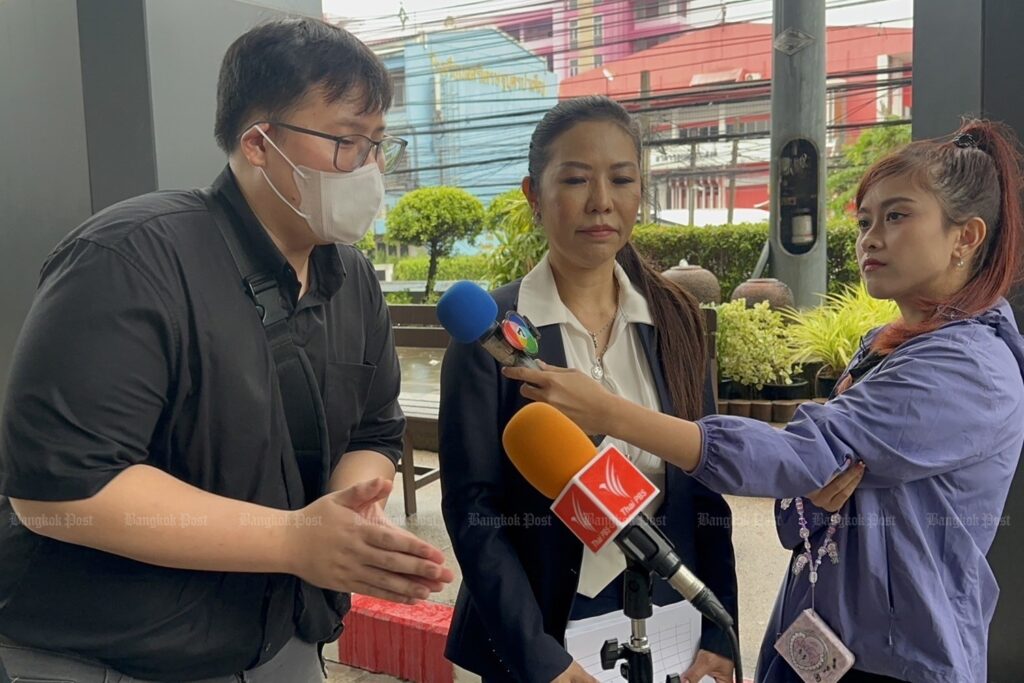
Four defendants who illegally occupied a townhouse in Bangkok for more than six years have received suspended prison sentences.
Four people who illegally occupied a townhouse in Bangkok for more than six years have been sentenced by a court to nine months in prison, but the court suspended the sentence, Matichon reports.
The Bangkok Criminal Court had sentenced the four squatters to one year in prison and a 20,000 baht fine each for trespassing, stealing and illegally occupying a house belonging to another person, named only as Hemmathas.
However, after the four defendants pleaded guilty, the court reduced the sentences to nine months and the fines to 11,000 baht each. The sentences were suspended for two years because the defendants were first-time offenders and because of their age, which was not disclosed.
The criminal case became public when Thai media first reported on the property grab in Bangkok earlier this year. The owner bought the townhouse in 1991 but did not live in it. Last year, he gave the townhouse to his nephew as a wedding present.
However, in 2017, neighbours took over the house and even renovated it after moving in. When the nephew came to see the house last year, they simply wouldn’t let him in. The defendants claimed they used ‘adverse possession’ to take possession of the house because the owner left the townhouse unattended.
Adverse possession’ commonly known as ‘squatters’ rights’ is possible when a squatter takes title to a property if he or she “peacefully and openly” possesses property owned by another person for ten years to become the owner.
Adverse possession (in the context of legal terminology) is a way of acquiring title to real property due to open, continuous and unlawful possession for a certain period as defined by law.
If the conditions are met, an unlawful occupant of real estate upon expiry of the period of acquisition limitation becomes the legal owner of the property if they apply to the court with a claim for recognition of the right of ownership by acquisition limitation.
The institution of adverse possession is designed to bring abandoned real estate into civil turnover and encourage owners to take care of the property. At the same time, the practice of ‘adverse possession’ is used by unscrupulous persons to seize other people’s property.
The occupants of the townhouse who seized it came under tremendous public pressure after the deed was widely publicised in the media. One of the women involved in the case even committed suicide in February after the publicity began to affect the family. The woman who committed suicide was listed as a defendant, but after her death, prosecutors dropped her name from the case.
The defendants agreed to pay 1 million baht to the townhouse owner as compensation for the illegal occupation of the house pending a court ruling. The case ended as the defendants did not appeal the court’s judgement to a higher court, said Amnuayporn Manewan, the plaintiffs’ lawyer.
After the court hearing, the legal owner’s representative said the judgement would teach the illegal occupants a lesson and that squatting would be punished. ‘ Unauthorised occupation of other people’s property should not be considered normal in society, ‘the plaintiffs’ representative added.

More Articles Here
More Articles Here





